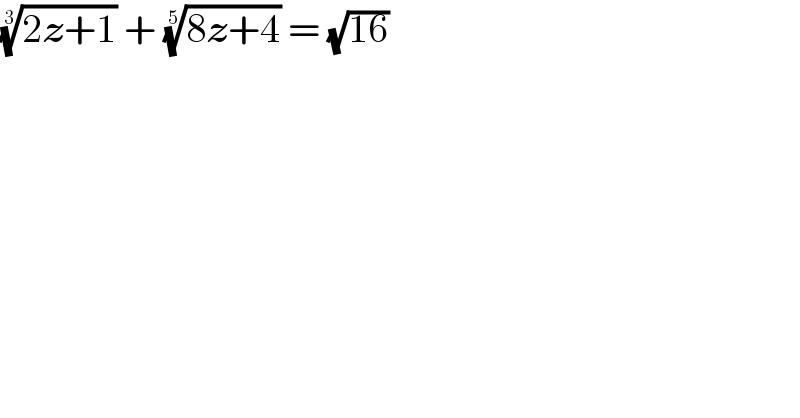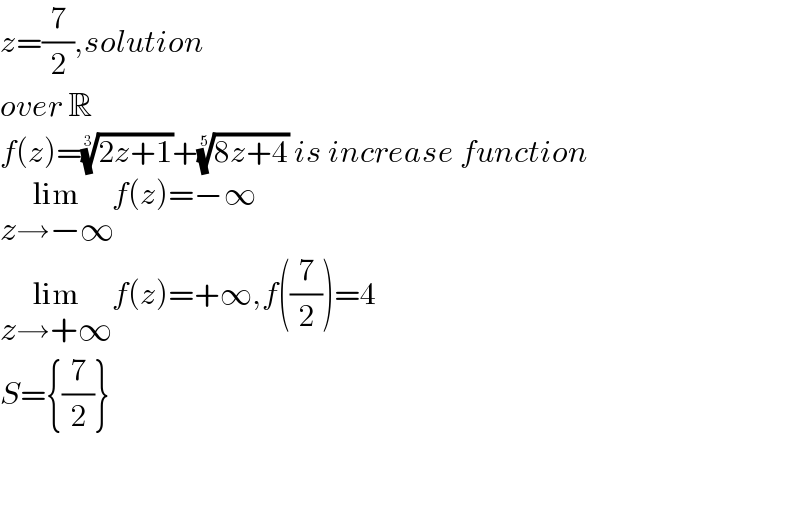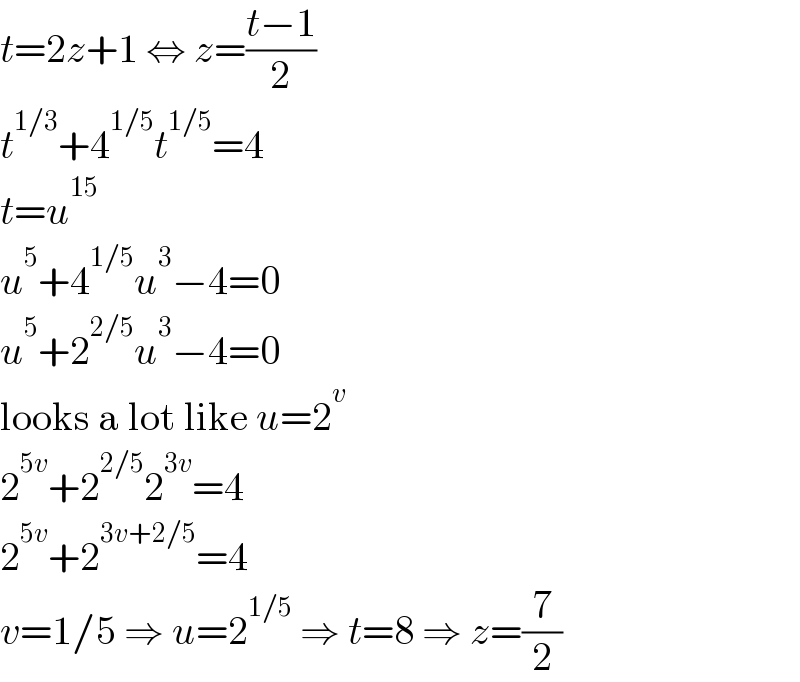
Question and Answers Forum
Question Number 139861 by mathdanisur last updated on 01/May/21

Answered by mindispower last updated on 01/May/21

Commented by mathdanisur last updated on 02/May/21

Answered by MJS_new last updated on 02/May/21

Commented by mathdanisur last updated on 02/May/21

